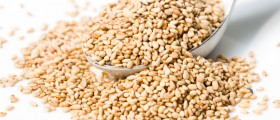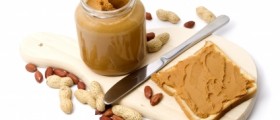
In children having a peanut allergy is fairly common, the symptoms assortment are a slight irritation all the way to a life-threatening response called anaphylaxis. In some cases even a small taste of peanut will make the person have a very serious response. Your local GP should be informed of the peanut allergy in you or your child immediately as it is the number one allergy attack cause today. The attack will usually happen within close time to having eaten a peanut and the symptoms can be minor or large and has the potential to change the severity level with each individual attack. Symptoms will range from hives, redness and/or swelling to itching or tingling in or around the mouth and throat of the person having the attack. Symptoms will also be for the person diarrhea, stomach aches and vomiting they may also experience a tightening of their chest and a feeling of shortness of breath or even wheezing.
Anaphylaxis is often caused by a peanut allergy which means there is a medical emergency and the individual who is suffering from the allergic attack will require treatment with an epinephrine which is an adrenaline injector EpiPen, EpiPen Jr or Twinject and will defiantly need to make a trip to the hospital. The signs of anaphylaxis are the person with experience a constriction of their airways which is from the swelling in their throat which inevitably makes it difficult to breath the patient will also experience a huge drop in their blood pressure and also a rapid pulse. The individual may also have a feeling of dizziness or a loss of their consciousness.
If you have had a reaction after eating foods containing peanuts then its best to see your doctor to get a better understanding of future symptoms and treatments. If you have experienced signs of anaphylaxis then you need to go straight through 911 as this is an emergency.
If you have suspicions of a peanut allergy then you will need to describe in full the symptoms you experienced and the amount of peanuts you ingested. Your doctor may wish to carry out a physical examination and ask you to keep a food diary to follow your eating habits. Your doctor may also require you to do something called an elimination diet which means they may ask you to avoid foods with peanuts in a few weeks then to add them in again. Skin tests and blood tests may also be necessary.

















Your thoughts on this
Loading...